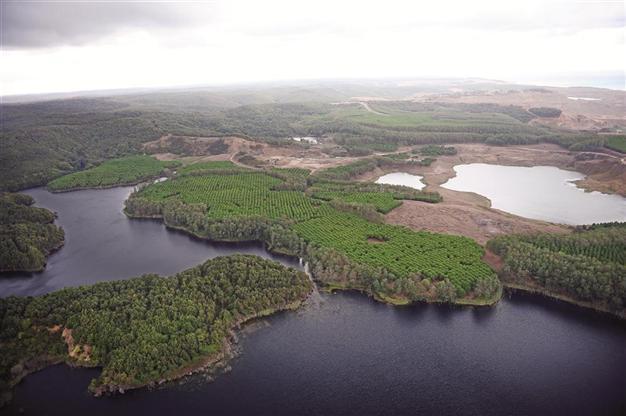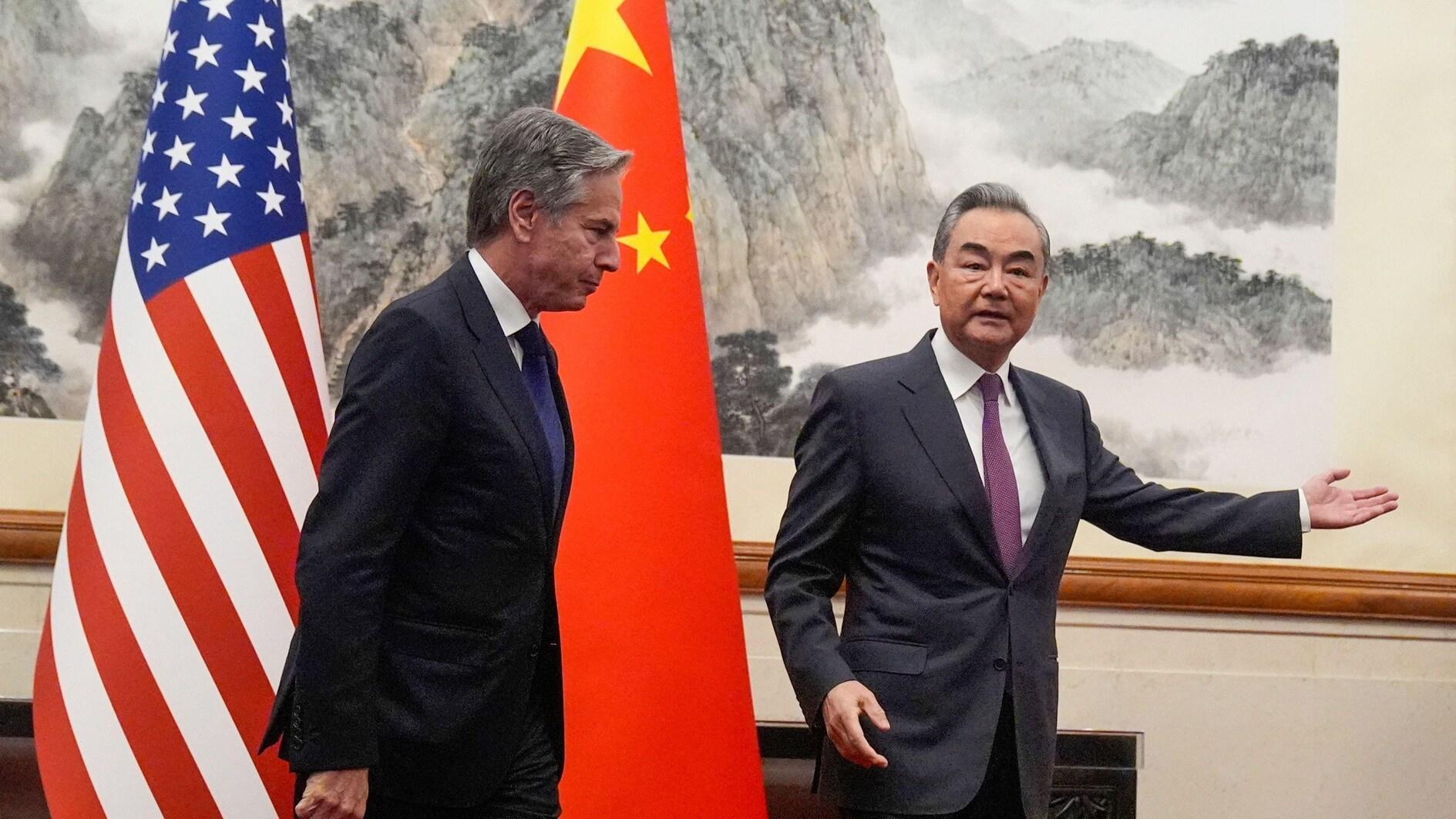A brief history of global forest policy
ISTANBUL

The UNFF was established as part of a new international arrangement on forests to carry on the work building on the IPF and IFF processes.
The issue of forests has been a priority on the international policy and political agendas for the past 15 years. At the 1992 United Nations Conference on Environment and Development (UNCED), the forest issue was among the most controversial, polarizing developing and developed countries. In Rio de Janeiro, Brazil, intense negotiations among governments at UNCED resulted in the on-legally Binding Authoritative Statement of Principles for a Global Consensus on the Management, Conservation and Sustainable Development of all Types of Forests, also known as the “Forest Principles,” as well as Chapter 11 of Agenda 21: Combating Deforestation.Significant progress has been made since UNCED. Throughout this last decade, the main focus within the United Nations has been to develop coherent policies to promote the management, conservation and sustainable development of all types of forests. The Intergovernmental Panel on Forests (IPF), from 1995 to 1997, and the Intergovernmental Forum on Forests (IFF) from 1997 to 2000, both under the auspices of the United Nations Commission on Sustainable Development, were the main intergovernmental fora for international forest policy development. An informal, high-level Interagency Task Force on Forests (ITFF) was set up in July 1995 to coordinate the inputs of international organizations to the forest policy process.
Political obligation
IPF and IFF examined a wide range of forest-related topics over a five-year period. Key outcomes of the deliberations under these processes are presented in the final reports of these processes, IPF4 and IFF4, in the form of more than 270 proposals for action toward sustainable forest management and are considered collectively as the IPF/IFF Proposals for Action. Although the IPF/IFF proposals for action are not legally binding, participants in these processes are under a political obligation to implement the agreed proposals for action and each country is expected to conduct a systematic national assessment of the IPF/IFF proposals for action and to plan for their implementation.
The UNFF was established by ECOSOC Resolution/2000/35 as part of a new international arrangement on forests, to carry on the work building on the IPF and IFF processes. The UNFF1 Report outlined the UNFF Plan of Action and the first Multi-Year Program of Work (MYPOW) from 2001 to 2005. The forum feeds into broader global environment and development processes with inputs such as the UNFF2 Ministerial Declaration to the World Summit on Sustainable Development. ECOSOC resolution 2006/49, based on the outcome of UNFF6, contained a package of measures that greatly strengthened the international arrangement on forests, and provided clear guidance on the future work of the forum. In particular, the resolution included the adoption of the four shared Global Objectives on Forests, and the addition of three principal functions for the UNFF (in addition to the six already contained in ECOSOC resolution 2000/35). Following nearly three years of intense negotiations, starting from UNFF5 and culminating at UNFF7, the Non-Legally Binding Instrument on All types of Forests was adopted on April 28, 2007. The instrument was adopted by the U.N. General Assembly (Resolution 62/98) on Dec. 17, 2007. The purpose of this instrument is:
(a) To strengthen political commitment and action at all levels to implement effectively sustainable management of all types of forests and to achieve the shared global objectives on forests;
(b) To enhance the contribution of forests to the achievement of the internationally agreed development goals, including the Millennium Development Goals, in particular with respect to poverty eradication and environmental sustainability;
(c) To provide a framework for national action and international cooperation.
This article is taken from the official www.un.org/esa/forests/ website of the forum.











